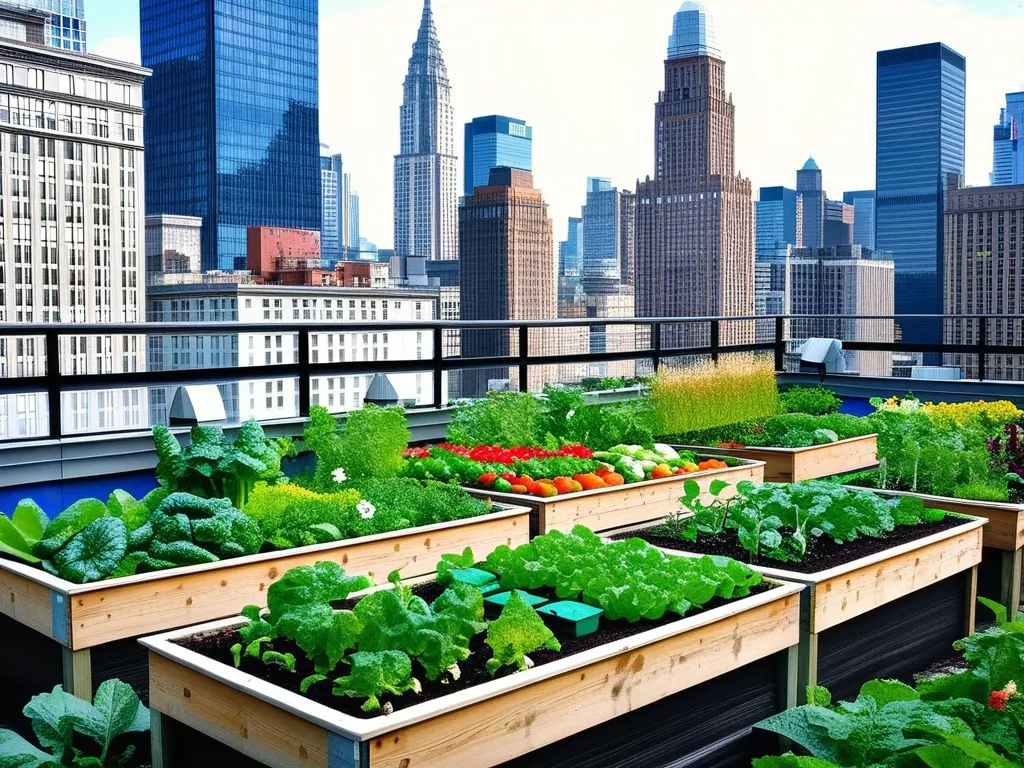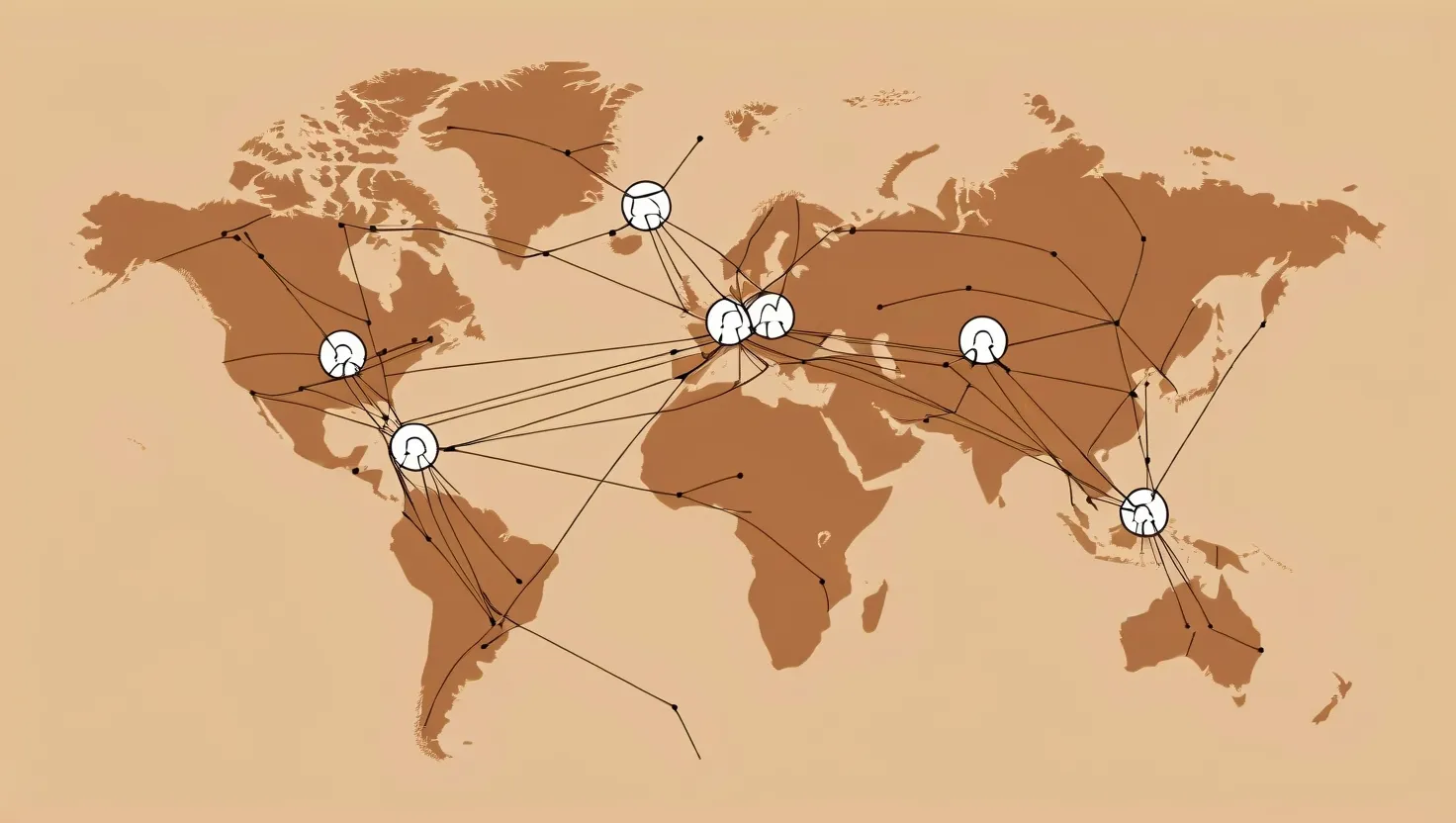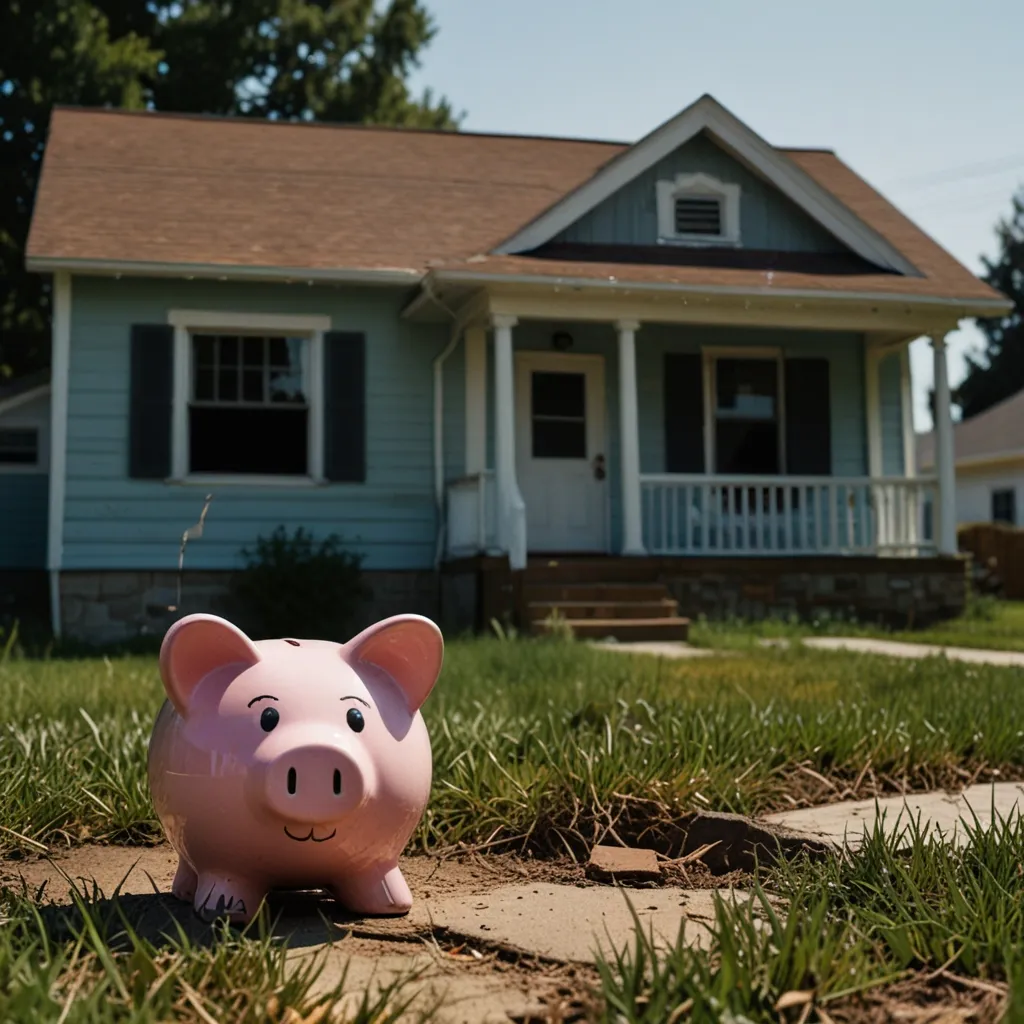In the heart of bustling cities, a quiet revolution is underway, where spiritual beliefs and urban agriculture are intersecting in powerful and transformative ways. This synergy, often overlooked, is fostering sustainable lifestyles, building communities, and revitalizing urban spaces. As we delve into this fascinating landscape, we’ll explore how religious communities worldwide are turning city rooftops and vacant lots into fertile grounds that nourish both body and soul.
The Spiritual Roots of Urban Farming
Urban agriculture, driven by faith, is not a new concept but has seen a significant resurgence in recent years. For many, the act of farming is deeply rooted in spiritual practices. In Christian traditions, for example, the idea of cultivating the earth is seen as a divine mandate. Pope Pius XII emphasized that God gave man the earth for cultivation, making labor in the fields a noble and honorable occupation.
This spiritual connection to the land is echoed in various faiths. In Hinduism and Buddhism, practices such as vegetarianism and asceticism highlight the importance of living in harmony with nature. These beliefs influence agricultural practices, promoting sustainable and ethical living. For instance, some Hindu and Buddhist communities adopt organic farming methods and avoid the use of chemicals, aligning their agricultural practices with their spiritual values.
Community Building and Spiritual Reflection
Urban gardens and farms are becoming more than just plots of land; they are sanctuaries for community building and spiritual reflection. In the United States, conservative Christian movements have been at the forefront of this trend. Organizations like the Urban Pioneers in the Midwest have transformed abandoned city lots into vibrant gardens. These gardens serve as community hubs where people can come together, share in the labor, and build relationships. The act of gardening itself becomes a form of evangelism, where faith is lived out in daily actions rather than mere proselytization.
These community gardens also provide a space for spiritual reflection. In the midst of urban chaos, they offer a serene environment where individuals can connect with nature and their faith. For many, the physical act of gardening is a form of meditation, allowing them to find peace and tranquility in the hustle and bustle of city life.
Ecological Practices and Sustainable Living
Faith-driven urban agriculture initiatives are not only about community building but also about promoting ecological practices. These initiatives often focus on sustainable methods such as organic farming, composting, and rainwater harvesting. In Muslim communities, for example, the concept of “stewardship” is central to Islamic teachings. Muslims are encouraged to be guardians of the earth, ensuring that their actions do not harm the environment. This principle is reflected in urban farming projects that adopt sustainable practices, reducing waste and promoting environmental justice.
In addition, these projects address critical issues such as food security and urban poverty. By providing access to fresh, locally grown produce, these gardens help alleviate hunger and improve the health of urban residents. The Urban Pioneers, for instance, offer training courses in small-scale aquaponic farming and animal husbandry, empowering community members with the skills to produce their own food sustainably.
Transforming Urban Spaces
The impact of these faith-driven initiatives extends beyond the individual gardens themselves; they are transforming urban spaces in profound ways. Vacant lots, once eyesores, are now vibrant gardens that add beauty and life to urban landscapes. These gardens also serve as educational hubs, teaching children and adults alike about the importance of sustainable living and the value of hard work.
In some cities, these initiatives have led to the creation of urban farms that are not just community gardens but full-scale agricultural operations. These farms provide employment opportunities and contribute to the local economy, making them integral to the urban ecosystem.
Personal Stories and Community Impact
One of the most compelling aspects of these initiatives is the personal stories behind them. For Carly and Mark Smith, the founders of the Urban Pioneers, their journey began with a desire to live out their faith in a more meaningful way. By transforming abandoned lots into gardens, they created a space where their community could come together and grow both spiritually and physically. Their garden, with its colorful plots and clucking chickens, has become a beacon of hope in a once-blighted area, attracting visitors and fostering a sense of community that was previously lacking.
Similarly, in other parts of the world, religious communities are using urban agriculture to address social and economic challenges. In India, for example, some Hindu communities have established urban farms that provide employment for marginalized groups and offer a sustainable source of income.
Global Perspectives and Indigenous Rights
The intersection of religion and urban agriculture is a global phenomenon, with diverse faith traditions contributing unique perspectives and practices. In indigenous communities, the connection to the land is deeply spiritual and often tied to ancestral traditions. These communities are at the forefront of the movement to protect indigenous rights to land and seed, ensuring that their agricultural practices are preserved and respected.
Global trade agreements and postcolonial policies have often disrupted these traditional practices, leading to environmental degradation and social injustice. However, through urban agriculture, these communities are reclaiming their rights and promoting sustainable living. For instance, in some African countries, local churches are supporting urban farming projects that use traditional farming methods, helping to preserve cultural heritage while addressing modern challenges.
Conclusion
The synergy between religion and urban agriculture is a powerful force that is reshaping cities from the ground up. These faith-driven initiatives are not just about growing food; they are about building communities, promoting sustainable living, and fostering spiritual growth. As we continue to urbanize, it is crucial to recognize the role that spiritual beliefs can play in creating more sustainable and equitable cities.
In the end, these urban gardens and farms are more than just plots of land; they are symbols of hope and resilience. They remind us that even in the most challenging urban environments, there is always the potential for growth, renewal, and transformation. As we look to the future, it is clear that the intersection of religion and urban agriculture will continue to be a vital part of creating a more sustainable and compassionate world.






